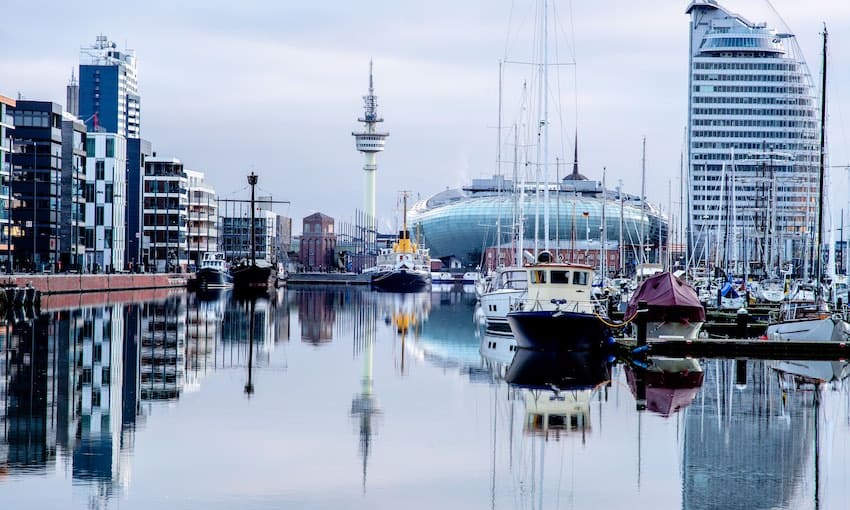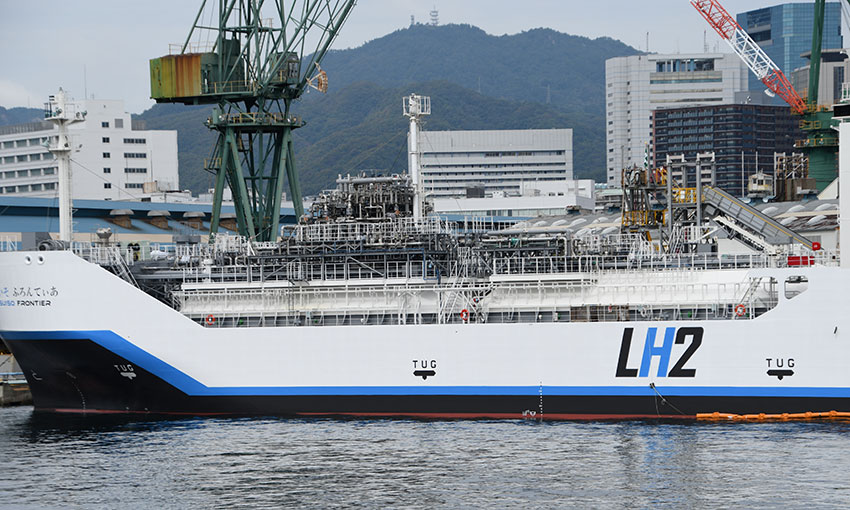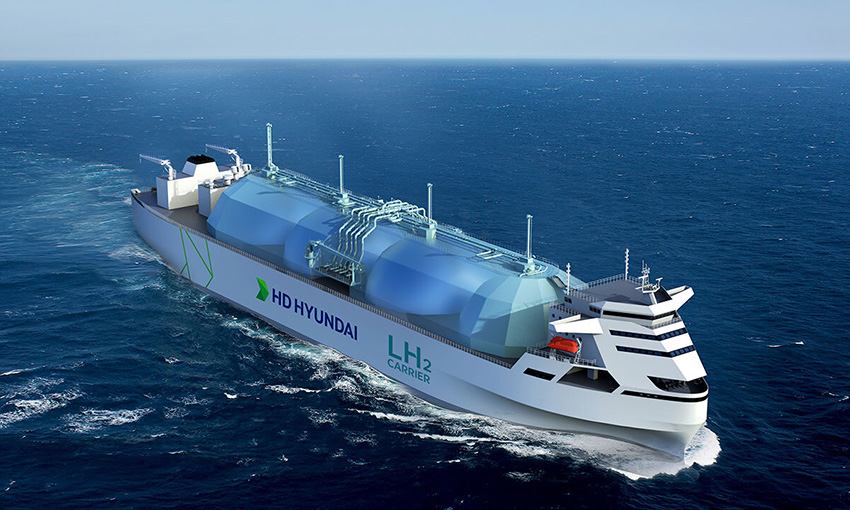THE TASMANIAN government has signed a joint declaration of intent with Bremen, Germany to collaborate on green hydrogen development.
The declaration of intent covers research, innovation and development; hydrogen and wind energy industry and business development; and remote applications (polar and offshore).
It also encompasses adaptation to the consequences of climate change and opportunities for hydrogen export and import.
Tasmanian minister for energy and renewables Guy Barnett said working with international partners to develop green hydrogen aligns with the Tasmanian Renewable Hydrogen Action Plan and the Tasmanian Green Hydrogen International Engagement and Export Strategy.
“This joint declaration of intent demonstrates the opportunity the rest of the world sees in Tasmania and confidence in the Rockliff Liberal government’s renewable energy agenda,” Mr Barnett said.
He said the Renewable Hydrogen Action plan sets out Tasmania’s plans for large scale green hydrogen production by 2030 to meet domestic and export demand.
“These priority areas will help Tasmania to further establish international supply chains to advance our economy, job opportunities, skills, hydrogen technologies as well as provide new opportunities for trade in sectors ancillary to the hydrogen industry buildout,” he said.
“The Tasmanian government knows that Tasmania is well placed, with our 100% renewable electricity, abundant water supplies and excellent port infrastructure to seize these important opportunities with international partners.”
The Tasmanian government said Bremen and its port city Bremerhaven have a hydrogen agenda that reflects the state’s green hydrogen vision.
Kristina Vogt, Bremen senator for economic affairs, ports and transformation, said the goal of this international co-operation agreement is to advance and develop green hydrogen technologies.
“A close exchange of knowledge and experience with Tasmania in the field of research, innovation and development will achieve this,” Ms Vogt said.
“Notably, Tasmania is clearly committed to green hydrogen. Global collaboration is needed to achieve a green energy transition.
“Our partnership can therefore be another building block for an extremely positive development of the hydrogen economy in Northern Germany.”
The joint declaration of intent with Bremen follows two green hydrogen memoranda of understanding signed with the region of Flanders, Belgium in 2022 and with the Port of Rotterdam in 2021.





